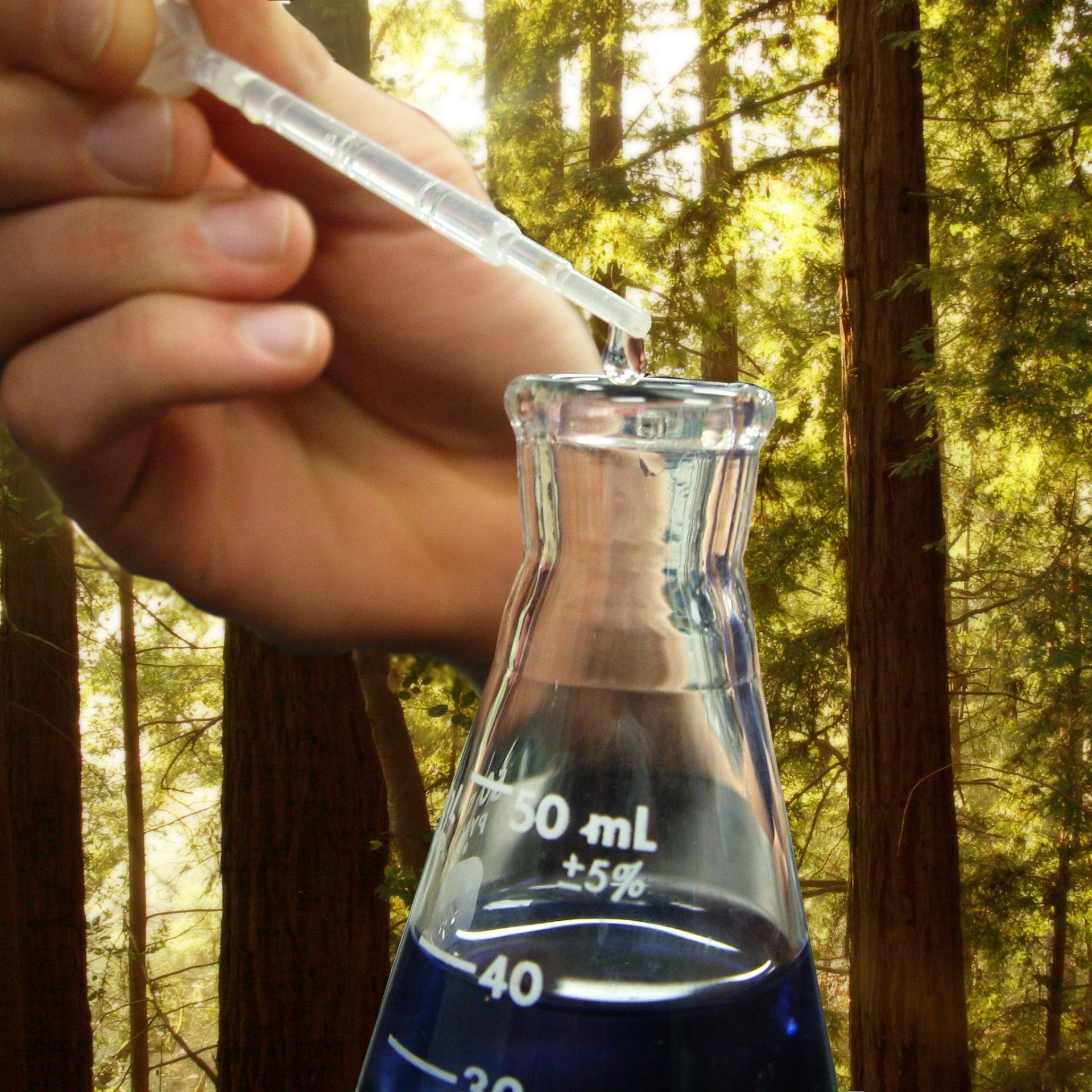“TECNALIA develops technologies related to biofuels to contribute to sustainable development, green transition, and circular economy.”
TECNALIA will contribute to Europe’s leadership in the decarbonisation of energy and transport through the CARBIOW initiative.
An extraordinary multidisciplinary team will work together over the next 42 months to develop innovative and sustainable processes to produce emission-negative biofuels from organic waste.
The CARBIOW(Carbon Negative Biofuels from Organic Waste) initiative addresses the green transition and circular economy by proposing novel technologies that cover the entire process of converting organic waste into biofuels.
Objectives and benefits of CARBIOW
We aim to establish an efficient and scalable process to produce biofuels by converting the Organic Fraction of Municipal Solid Waste (FORSM), and other hard-to-use solid organic waste. In this way, the aim is to produce a cleaner, denser, carbon-rich, dry, and homogeneous solid biofuel.
The initiative will allow the decarbonisation of large industries such as the cement industry, through the fixation of CO2 using innovative and efficient technologies, generating new mineral raw materials with a negative carbon footprint.
The production of (bio)alcohols for the maritime sector and (bio)paraffin for aviation will also enable the green transition of these difficult to decarbonise sectors.
CARBIOW uses pure oxygen (nitrogen-free gas) in combustion and gasification to produce clean synthesis gas.
TECNALIA’s participation
TECNALIA, coordinator of the initiative, participates in all its lines of work. Sustainable chemistry experts lead the Fischer-Tropsh process, which allows the final fuels, paraffin, alcohols, and hydrocarbons to be obtained. They are also active in the torrefaction of organic matter and in oxy-conversion and syngas production.
On the other hand, TECNALIA's experts in Construction and Bio-based Products will focus on CO2 fixation in construction products and the use of waste from the processes developed in the project.
CARBIOW Initiative Consortium
The consortium is composed of 12 European partners: FeyeCon, Universiteit Maastricht, VERTORO, IVL Svenska Miljoeinstitutet, NIC, Svaheia Eiendom AS, Sumitomo SHI FW, Technische Universitat Darmstadt, VITO, BIOPLAT, Cementos La Cruz, and the coordinator, TECNALIA.

